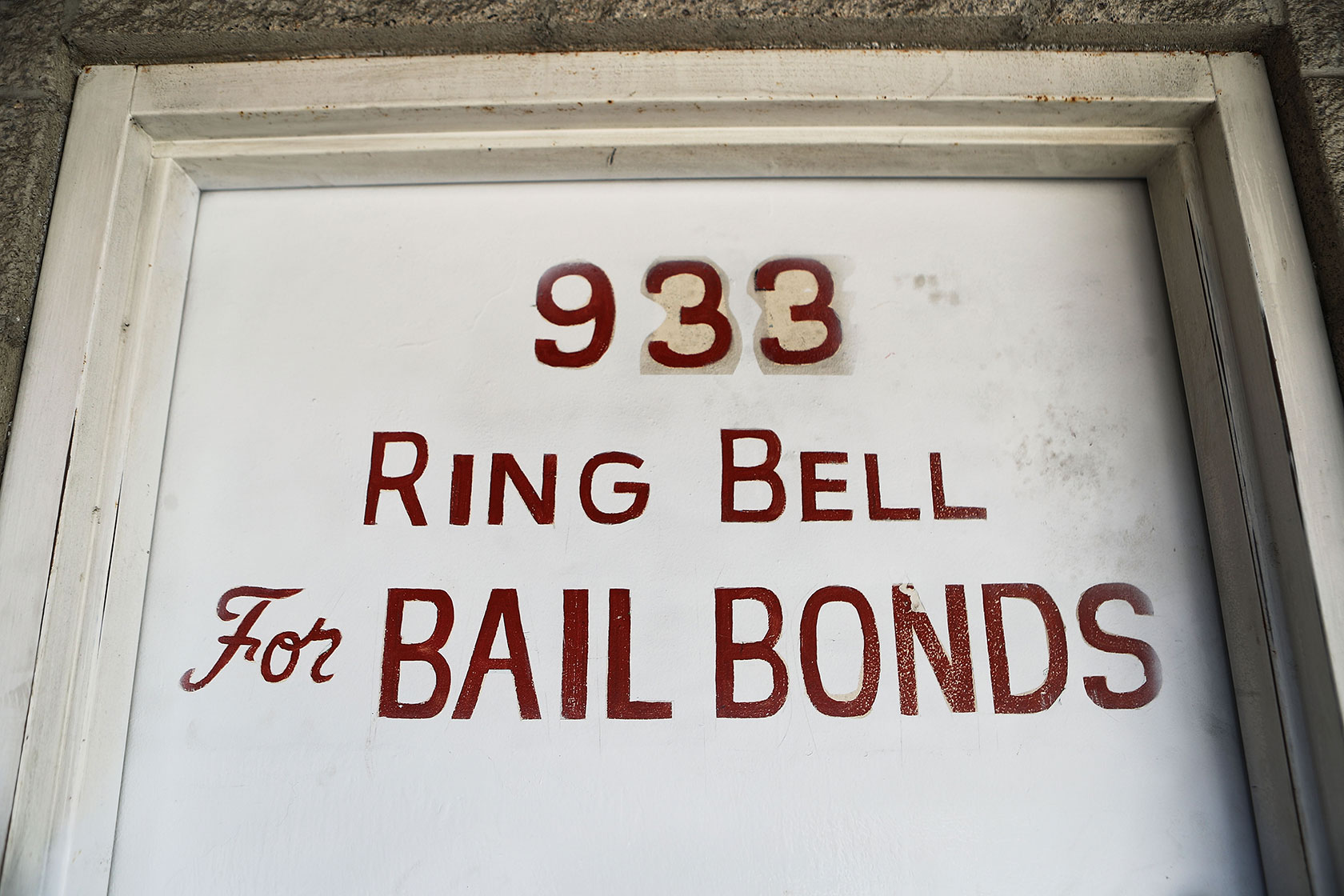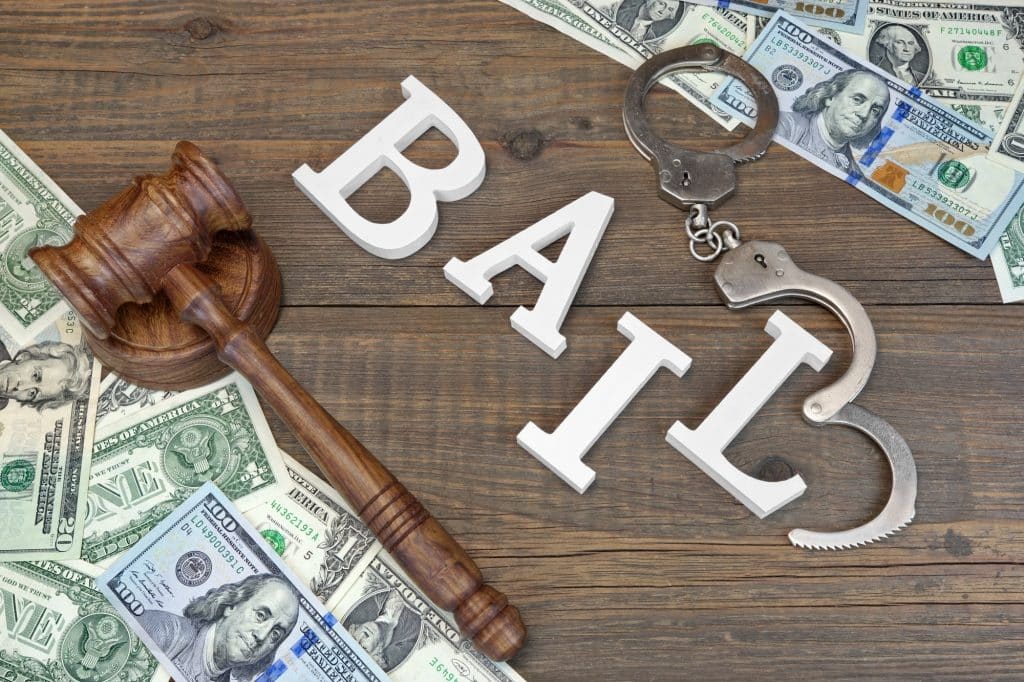Navigating the Legal Puzzle: Bail Bonds Explained for Beginners
Navigating the intricacies of the lawful system can typically seem like traversing an overwhelming labyrinth, specifically when it concerns recognizing Bail bonds. For beginners entering this unfamiliar terrain, understanding the intricacies of Bail bonds is vital in ensuring a smooth and informed procedure. From the essentials of just how Bail bonds function to the various types available, each element plays a crucial function in assisting in the release of people awaiting test. As we dive much deeper right into this subject, quality will be lost on the bail bond process, the linked expenses, and important tips for successfully involving with bondsman.
Essentials of Bail Bonds
Comprehending the basic concepts of Bail bonds is vital for navigating the legal process efficiently and properly. Bail bonds work as a monetary guarantee that an offender will appear in court as required. When a person is jailed, they might be granted the chance to upload Bail in order to protect their release until their court date. If the individual can not afford the full Bail amount established by the court, a bail bond agent can be enlisted to offer the required funds on their behalf.
Basically, a bail bond is an agreement in between the accused, the court, and the bail bond agent. The representative concurs to pay the full Bail amount if the accused fails to show up in court, in exchange for a non-refundable charge typically set at 10% of the total Bail.
Kinds of Bail Bonds
The most typical kind is a cash bond, where the offender or a relative pays the complete Bail quantity in cash. An additional option is a guaranty bond, where a bail bondsman pays the Bail on part of the defendant for a cost, generally around 10% of the overall Bail quantity. Understanding these various types of Bail bonds can aid individuals navigate the legal procedure much more efficiently.
Bail Bond Refine Explained
If the offender can not manage the complete Bail amount, they can seek the solutions of a bail bondsman. The accused or their enjoyed ones pay the bail bondsman a non-refundable charge, normally a portion of the overall Bail amount, to secure a bail bond.

Comprehending Bail Bond Expenses
Upon safeguarding a bail bond with a bail bondsman, people run into an important aspect of the legal process: the financial commitments connected to the bail bond. Bail bond costs typically entail a non-refundable fee, usually around 10% of the complete Bail amount established by the court.
Along with the costs, collateral may be called for to protect the bail bond. Security can be in the form of home, beneficial possessions, or a co-signer that guarantees repayment if the offender avoids Bail. The security acts as a backup prepare for the bondsman in case the offender absconds.
It's important for people looking for Bail bonds to totally understand the expenses involved and the terms of the contract prior to continuing. By being educated about bail bond expenses, individuals can browse the lawful procedure better and make well-informed decisions.
Tips for Collaborating With Bail Bondsmen

Additionally, it's necessary to supply precise information about the defendant and their case. This consists of information such as their complete name, date of birth, the location of their apprehension, and the costs they are encountering. bail bond bail bonds fresno company dayton ohio. Providing incorrect or insufficient details can bring about hold-ups in the bail bond process

Verdict
Finally, comprehending the basics of Bail bonds, the various types available, the procedure included, and the expenses related to them is vital for navigating the legal system. By dealing with bondsman and following these pointers, people can guarantee a smoother and extra effective Bail process. It is critical to be notified and well-informed when dealing with Bail bonds to stay clear of any unneeded problems or misconceptions.
Basically, a bail bond is a contract in between the defendant, the court, and the bail bond representative. Another choice is a guaranty bond, where a bail bondsman pays the Bail on part of the defendant for a cost, generally around 10% of the complete Bail amount. The accused or their loved ones pay the bail bondsman a non-refundable charge, typically a portion of the complete Bail amount, to safeguard a bail bond.Upon securing a bail bond with a bail bondsman, individuals run into a crucial aspect of the legal procedure: the financial commitments tied to the bail bond. Bail bond expenses commonly involve a non-refundable cost, usually around 10% of the overall Bail quantity established by the court.